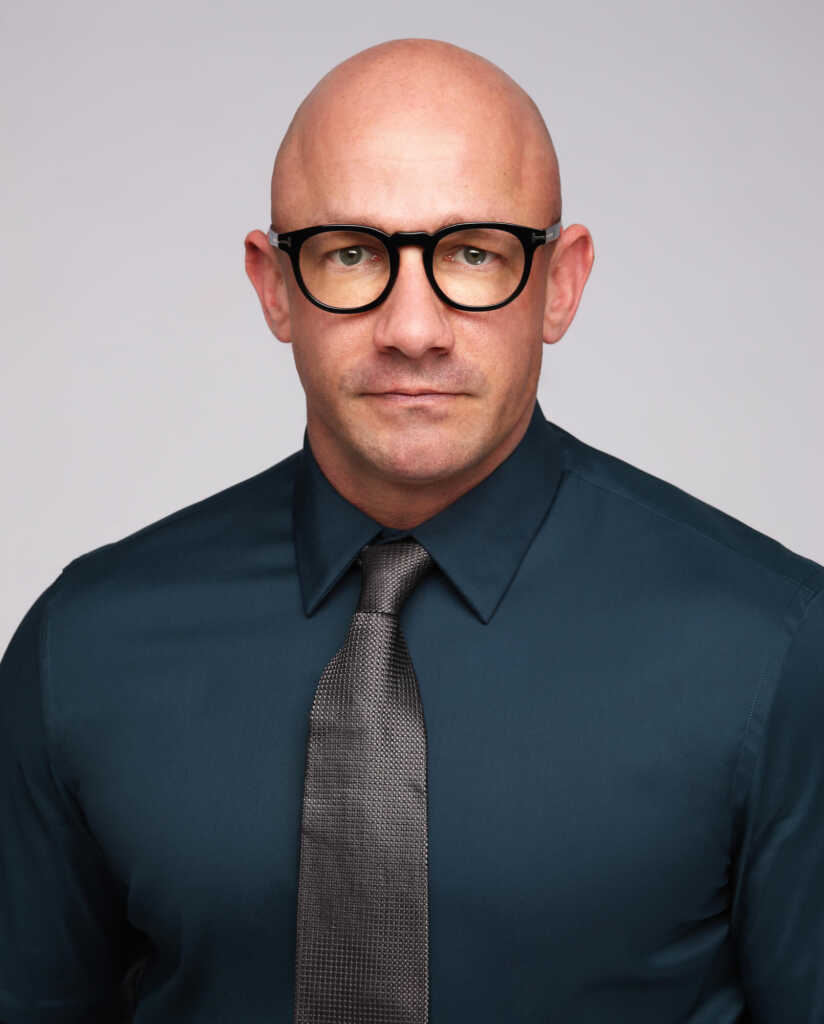(Our experts: Miklós Palencsár, is a mentor, the founder of MPG and RISE, and the winner of the CEO Today’s “Business Coaching Leader of the Year – Europe” award. Gergely Siklósi is a former World Cup Champion, the reigning World Champion, and the reigning Olympic Silver Medallist in épée fencing.)
The world of athletes has always been important to businesspeople. Although it is often not possible to establish a direct link between these two areas, interoperability is clear in several fields. The clear reason for this is that similar processes are emerging in business and sport, but in the field of sport, everything can be measured much faster and often more objectively. During the pandemic, it was especially noticeable that companies and business managers that monitored, transferred, and applied proven sports techniques/methodologies emerged from the crisis in a much better condition. So, it’s no surprise that business decision-makers in charge of major strategic change are increasingly drawing from sports experience.
Original and Present Personalities
The pandemic has brought new challenges for businesses that they have not been able to face before. Obviously, every topic is important, but you can also see that the ability to prioritise is even more important than ever. If we look at the chief business decision-makers, the biggest surprise for most of them was often their own reactions and those of their key people to the crisis. Many became indecisive, others immediately made ill-considered decisions, and very few leaders could remain in control of the situation. They had to experience all this even though, in principle, they also spent money and time getting to know their managers; often, tests and analyses proved that the given colleague would be perfect in a crisis.
“Most businesses have really done everything in the past to get to know their employees, especially their managers. I would argue that they didn’t spend too much money on it because they often bought the simpler assessments. However, most of the tests on the market come from the United States; they were developed there, and they were created specifically from a theory-based perspective. There are very few psychological tests with real experience, that are actually proven through the testing of thousands of people and not just a focus group of a few hundred. In addition, almost all of the tests from the US focus on behaviour rather than personality, and therefore, they cannot separate the Original Personality from the Present Personality,” explained Miklós Palencsár, the founder of RISE Human Development System. This is understandable, but what is the direct relationship between the psychological assessments used in business and the frustration experienced by business decision-makers in 2020-21?
“In a crisis, our Original Personality makes our decisions, it drives us; in contrast, we live our daily lives with our Present Personality. Our Present Personality contains the personality traits we have acquired during our lives. These disappear in a crisis; we cannot apply them, we cannot evoke them, so we are left with the qualities provided by our Original Personality. That is, if a leader is unaware of the Original Personality of their key people, they will presumably experience huge surprises in crises, unexpected situations, and the bad news is that the coming years will be about that in the business world,” the mentor added.
Athletes and the crisis
Thus, there has been a crisis in business that is still ongoing, which has caused decision-makers to react and take steps towards the unknown. It is difficult for the average person to learn how to manage crises because they usually surprise most people, including managers in very high positions. The situation in sports is completely different. Crises are integral parts of the lives of athletes, some of which are easier, some of which are more difficult, but sooner or later, they must be mastered in order to achieve great results.
“It’s interesting to talk about crises because the concept is changing in my head year after year. I started playing sports very early, and since I was already competing in tournaments as a child, it became almost natural. The real challenge comes when you become an adult, as competitions with serious stakes come along. Most professional athletes start training with a coach as teenagers, because if someone fails at the beginning of their adult career, it is very difficult to climb back from there. That is, the fundamentals of real crisis management are necessities for an internationally competitive athlete. The question is always what level of crisis you can learn to deal with. Many times, this separates the wheat from the chaff, and it can even give you an advantage over a more talented competitor,” explained World Champion Gergely Siklósi.
That is, athletes are forced to face crises at a much younger age, which means they have to face themselves very early on, learn about their weaknesses, strengths, and start developing self-criticism at a serious pace.
“Clearly, the basis of all success is self-criticism, a deep-seated perfect knowledge of ourselves. This doesn’t mean we have to announce our weaknesses to the world, but at home, we have to be honest in front of the mirror; otherwise, we’ll be blocked during a critical competitive situation. In most sports, people in their twenties dominate the sport. In fencing, there has been a generational change in recent years where the new generation of young people makes up the world’s elite, which shows that we really don’t have much time to prepare based on relentless self-criticism. For an athlete, crises are much more intense, and often need to be managed in a matter of seconds; otherwise, they will fail,” the World Cup Champion added. This, of course, clearly indicates that this knowledge and experience can be a serious force in business, where stakes don’t turn on a dime, and it is very rare for a few minutes to decide everything.

